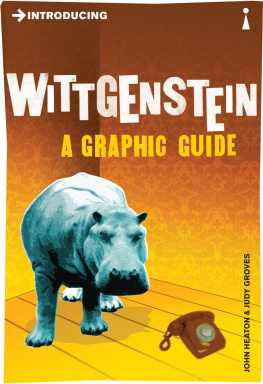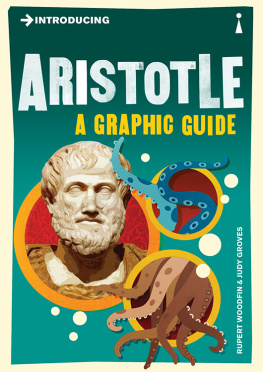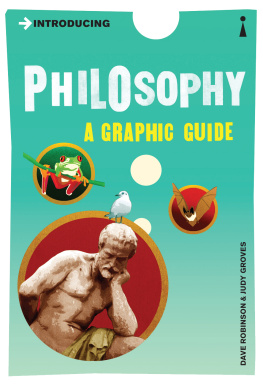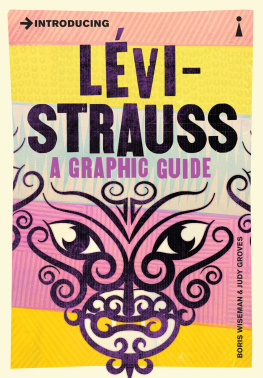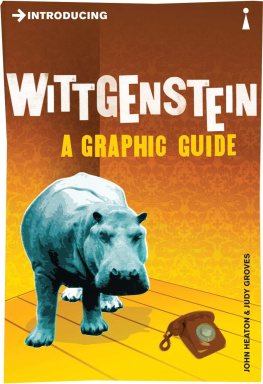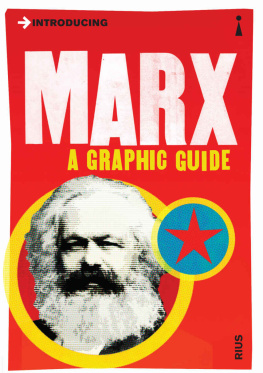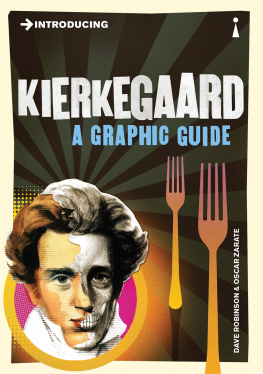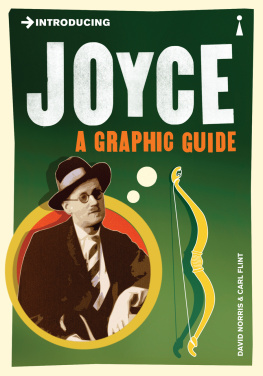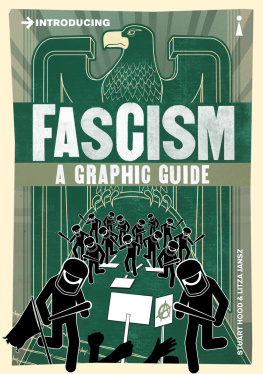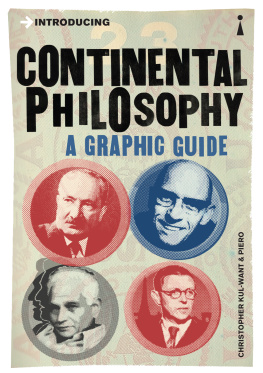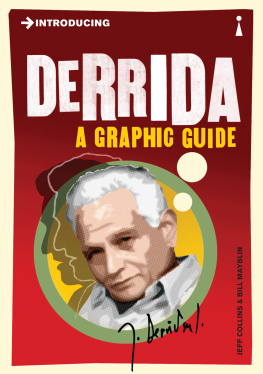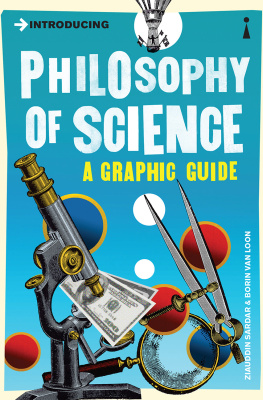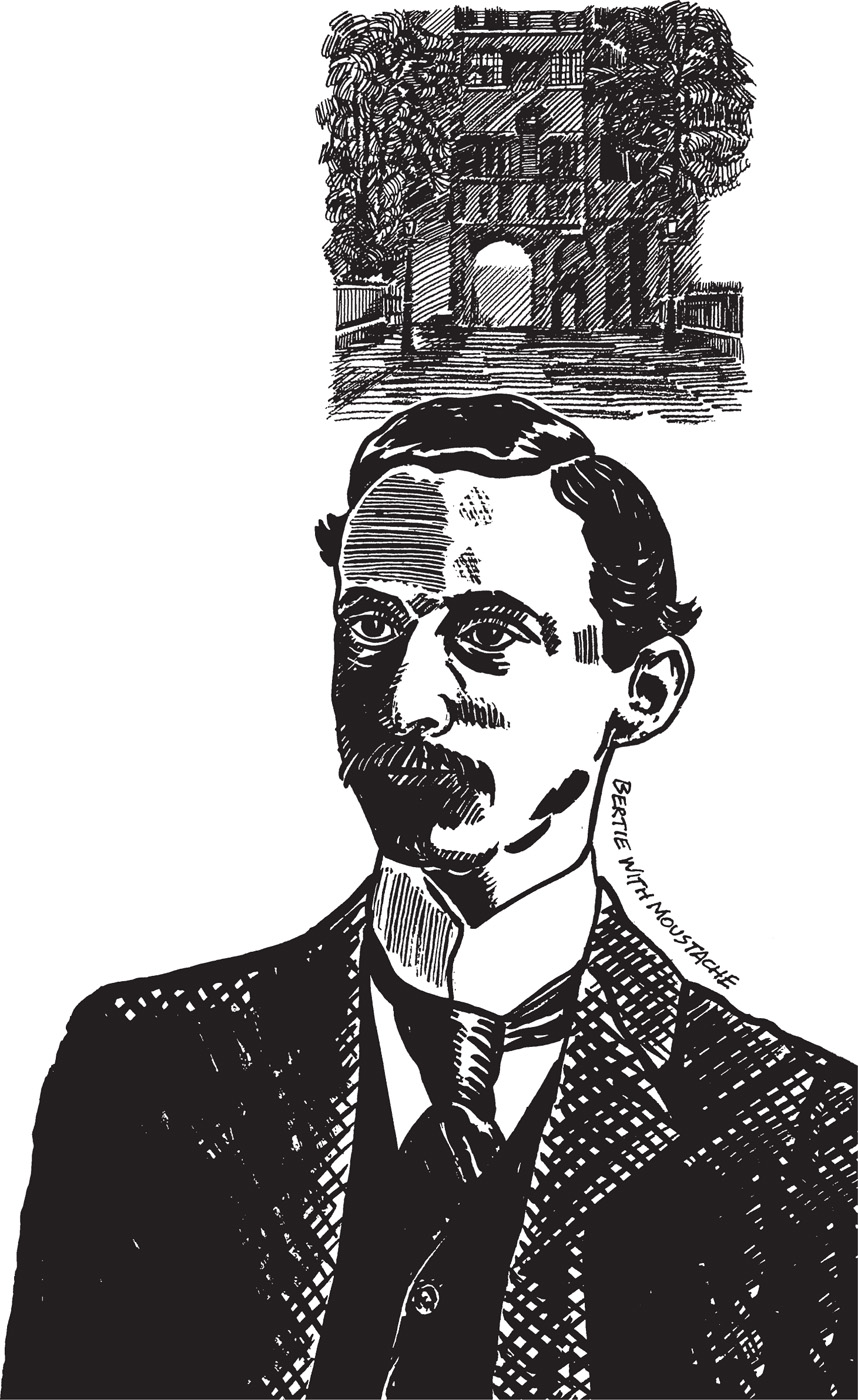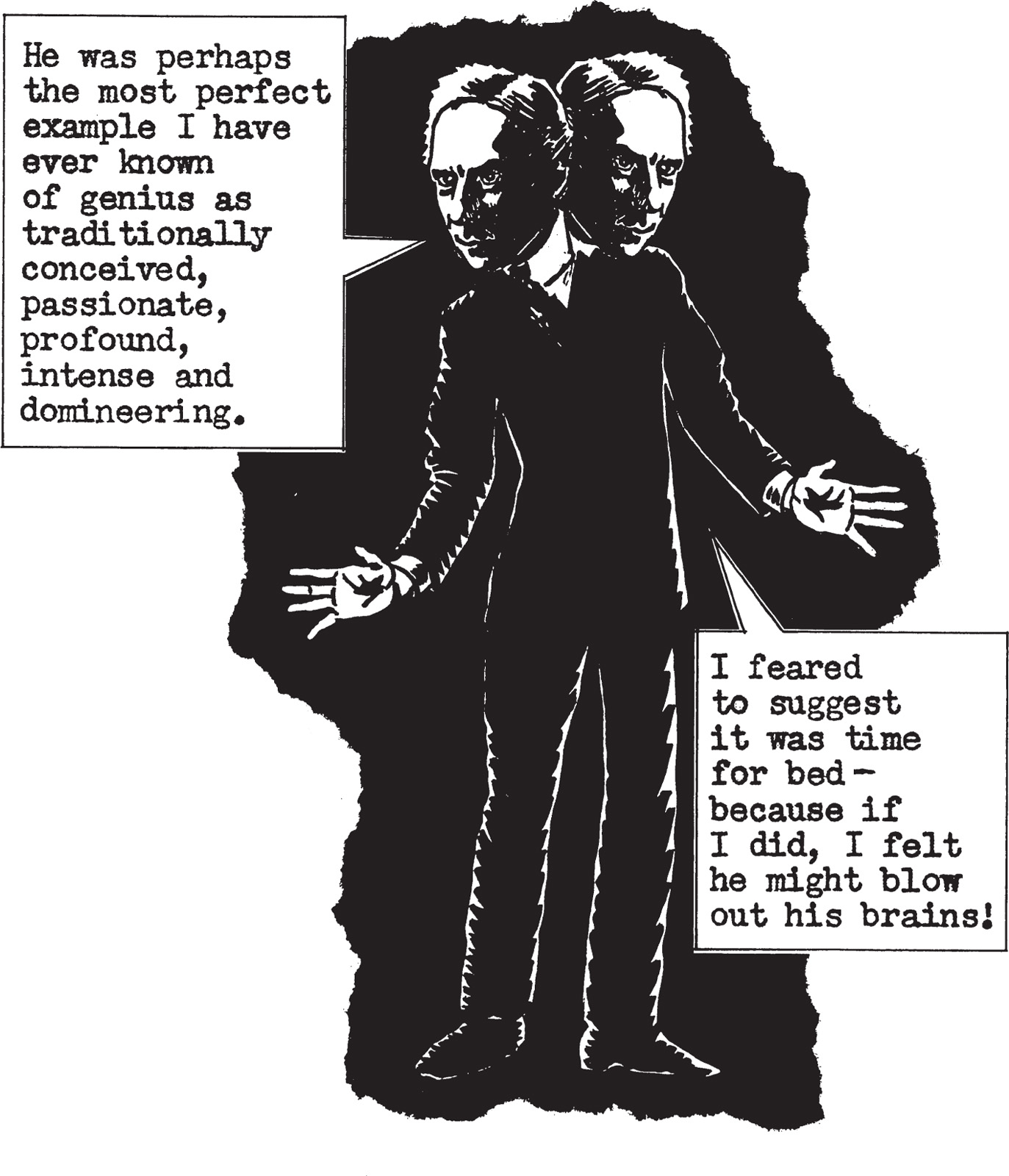Nothing is so difficult as not deceiving yourself. I have managed in my book to put everything firmly into place by being silent about it.
He was born Ludwig Josef Johann Wittgenstein on 26 April 1889, the eighth and youngest child of one of the wealthiest families in Hapsburg Vienna. His father Karl (1847-1913) was of Jewish descent (Karls father had converted to Protestantism). His mother Lepoldine Kalmus (1850-1926), known as Poldy, was a Catholic. Ludwig was baptized in the Catholic Church.
The fathers immense wealth as a leading figure in the iron and steel industry, known as The Carnegie of Austria, enabled the family to live in the style of the aristocracy. Their home in Vienna, in the Alleegasse (now Argentinergasse), was known as the Palais Wittgenstein. In addition, they had a house on the outskirts of Vienna and a large estate in the country.
Vienna, the birthplace of psychoanalysis Sigmund Freud of atonal music Arnold Schoenberg and modern functional architecture! Adolf Loos But also Zionism Theodor Herzl and NAZISM! Adolf Hitler In short, the research laboratory for World Destruction! Karl Kraus (Viennese satirist) Three out of Ludwigs four brothers were to commit suicide
Ludwig was brought up in a house of music. There were seven grand pianos in his childhood home. The composers Brahms and Mahler were frequent visitors to the musical evenings, and young Pablo Casals played there. A brother became a very well-known concert pianist. When Karl retired from industry, he became a great patron of the visual arts. Aided by a daughter, a gifted painter, he collected works of Klimt, Schiele, Kokoschka and Rodin.
Ludwig, like his brothers and sisters, was educated privately by tutors and governesses. He was quiet and obedient but had considerable practical talent.
All our children seem very gifted except for poor, dull Ludwig! Im not sending my children to schools where they will pick up the Austrian establishments bad habits of mind! At the age of 10, I constructed a working model of a sewingmachine out of bits of wood and wire.
At the age of fourteen, he was sent to a rather unacademic school at Linz. Adolf Hitler, who was almost exactly the same age as Ludwig, was also there.
When he was seventeen and a half, Ludwig went to study mechanical engineering in Berlin at the Technische Hochschule, the most renowned of German engineering schools, where he completed his diploma course. During this time he started writing down thoughts about his own life, a practice he continued for most of his life.
ENGINEERING IN MANCHESTER, ENGLAND
In 1908 Wittgenstein went to Manchester as a research student in Engineering. He stayed there for three years.
He was interested in aeronautics. He began his research by experimenting with kites. Little was known then about conditions in the atmosphere.
He went on to do experiments on the combustion of high pressure gases and then he became interested in the design of propellers. This requires mathematical treatment and so he got involved in the study of the foundations of mathematics.
This was the fateful move that led me to philosophy!
He was soon writing a book on the foundations of logic and mathematics. He showed it to Gottlob Frege (1848-1925) the great German philosopher-mathematician.
I think youd better go to Cambridge and study with Bertrand Russell. Frege just wiped the floor with me!
CAMBRIDGE UNIVERSITY
So Wittgenstein went to Trinity College, Cambridge, to study under Bertrand Russell (1872-1970) who was a lecturer in mathematical logic. This was to lead to a passionate intellectual friendship between these two great philosophers in which both were transformed. Russell came from a distinguished aristocratic family. He was now forty and had finished Principia Mathematica, one of the most difficult and important philosophical books of the 20th century and was world famous amongst philosophers. Wittgenstein was twenty-two and completely unknown, although very wealthy.
It was soon recognized that Wittgenstein was exceptional. G.E. Moore (1873-1958), a lecturer in philosophy at Trinity, noted that during his lectures
Wittgenstein always looks so puzzled, unlike any other student. At the end of his first term, Wittgenstein went to Russell. Do you think Im an idiot? Why do you ask? Because if I am, Ill become an aeronaut. But if Im not, I shall become a philosopher.
Russell suggested he write an essay during the vacation on any philosophical subject. He did so, and when Russell had read the first sentence, he was persuaded that Wittgenstein was a man of genius. Russell later wrote

